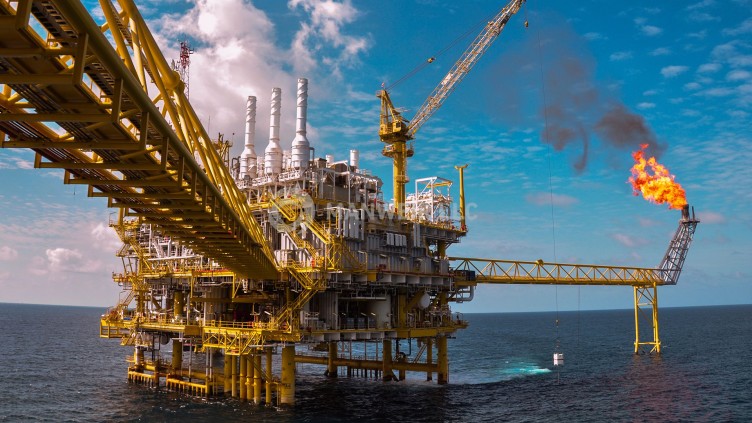Steel in oil and gas industry
The oil and gas industry plays a critical role in powering our modern society, providing energy for transportation, heating and manufacturing. Within this complex industry, one material stands out as the backbone of its infrastructure: STEEL…..here’s why;
From drilling rigs to pipelines, steel is essential for the exploration, production, and transportation of oil and gas resources.
Steel’s exceptional strength and durability make it the ideal material for oil and gas operations. Whether it’s drilling deep into the earth’s crust or transporting oil and gas over long distances, steel’s inherent toughness allows it to withstand the extreme conditions and pressures encountered in these processes. It can resist corrosion, withstand high temperatures, and endure harsh environmental factors, ensuring the integrity and longevity of oil and gas infrastructure.
One of the most significant applications of steel in this industry is the construction of pipelines. Pipelines serve as the vital arteries that transport oil and gas from extraction sites to refineries and distribution centres, steel is the preferred material choice for this critical task.
Steel’s resistance to corrosion is particularly crucial when transporting corrosive substances such as crude oil and natural gas. Through various anti-corrosion coatings and cathodic protection systems, steel pipelines can maintain their structural integrity, preventing leaks and minimising environmental risks. Additionally, steel’s high ductility allows it to absorb external forces such as ground movement or seismic activity, minimising the likelihood of pipeline failures.
The search for new oil and gas reserves often require drilling in challenging environments including deepwater and offshore locations. Steel’s versatility and strength make it an essential material for the construction of drilling rigs and offshore platforms. These structures must withstand the harsh conditions of the sea, including strong winds, heavy waves, strong currents, and corrosive seawater.
Safety is paramount in the oil and gas industry, where accidents can have severe environmental and human consequences. Steel’s reliability and mechanical properties contribute significantly to enhancing safety standards. By using high-quality steel, engineers can design structures and equipment that can withstand extreme conditions thus reducing the risk of catastrophic failures. Moreover, steel’s fire resistance is critical for safeguarding personnel and equipment. In case of fire, steel structures retain their strength, providing essential time for evacuation and emergency response. This characteristic is particularly vital in refineries and processing facilities where flammable substances are present.
In conclusion, steel’s importance in the oil and gas industry cannot be overstated. Its remarkable strength and durability make it an indispensable material.
As technology continues to advance, steel will remain at the forefront of innovation in the oil and gas sector. Through ongoing research and development, new alloys and manufacturing techniques will further enhance steel’s capabilities, ensuring the industry’s continued growth, efficiency and safety.


